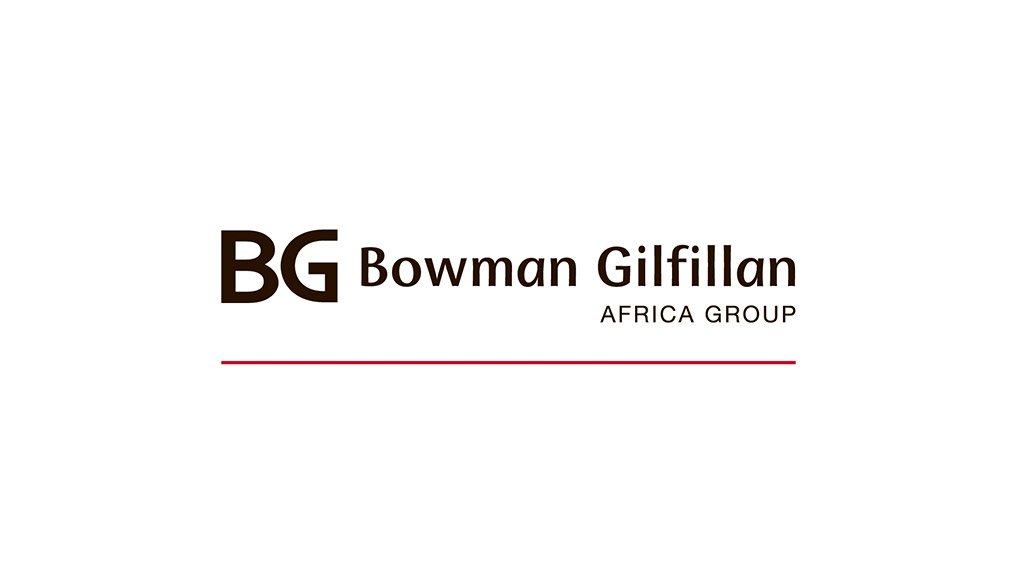The long awaited judgment in the matter between The Council for Medical Schemes v Genesis Medical Scheme (20518/14) [2015] ZASCA 161 was handed down by the Supreme Court of Appeal (SCA) on 16 November 2015.
The court confirmed that medical schemes which have not appointed designated service providers (DSPs) will be liable in full for the cost of prescribed minimum benefits (PMBs). This is regardless of whether treatment is obtained at a public or private medical facility and even if the scheme’s rules say the State is the designated healthcare provider for PMBs.
The medical scheme in question, Genesis, had argued that the basis upon which it contracted with its members, as reflected in its rules, was that it would only pay the full cost of PMBs when treatment is obtained in a public hospital. Further, that until required by the Registrar of Medical Schemes to amend its rules, in the event of a conflict between the rules and the legislation, the rules prevailed. Its arguments did not find favour with the court, whose key findings were that:
The rules of a medical scheme do not trump the provisions of the Medical Schemes Act where the two are in conflict.
Public policy dictates that where Parliament passes a law to protect people who are in an inferior bargaining position, then it cannot be taken for granted that if such people apparently agree to a lesser deal, that their agreement is the end of the matter. There is a public as well as a private interest at stake when considering the strength of that agreement (in this case, the medical scheme rules).
If a medical scheme seeks to limit its cover for expenses for treatment of PMBs to the cost that would be incurred at a public or state facility, but has not negotiated a DSP arrangement with the State, then that limitation is not lawful or enforceable. The medical scheme retains the obligation to pay the full costs of treatment of PBMs even where administered in a private institution.
Judge Leach and his four colleagues held that: “[O]ne of the underlying purposes of the PMB provisions in the Act and the regulations is to ease the demand upon public resources, which provide hospital and medical services at little or no cost, while at the same time ensuring that members of the medical scheme suffering from PMB conditions are able to obtain treatment at a satisfactory level”.
Judge Leach also said that section 29(1)(o) read with regulation 8 (which deals with PMBs) “requires a medical scheme to ‘pay in full’ the costs of treatment of PMB conditions at a scope and level as may be prescribed, [and] were clearly designed to ensure that members would not be obliged to bear the cost of providing such treatment. They make no mention of a medical scheme being obliged to do so only in the event of the treatment being obtained from the public sector”.
David Geral, partner and healthcare law specialist at Bowman Gilfillan Africa Group notes that, “there is an element of ambiguity in the SCA’s judgment. This comes because although most of the judgment suggests that medical schemes cannot limit their PMB-related expenditure to the cost of reimbursement for public facilities, under any circumstances, there are statements in the judgment that suggest that this is not categorical”.
Geral notes that at one point the court states the following: “Genesis had the opportunity to appoint DSPs. It could even have concluded agreements with the public sector as its DSP, which would not have been offensive if the Registrar was satisfied that there was a clear agreement between it and the relevant public health authorities. But it failed to appoint DSPs, either in the private or public sector. Consequently, as a result of its own failure in that regard, … it became obliged to pay in full for the treatment administered to Roxanne in respect of the PMB condition from which she suffered”.
Since this matter came before the SCA, the Minister of Health has published draft regulations which would limit the obligation to pay PMB costs 'in full' by setting a tariff for PMB reimbursements. Consumer protection activists have criticised the move whereas medical schemes regard it as a welcome step in the direction of managing their exposure to unregulated billing by healthcare practitioners and facilities.
Comments on the draft regulations were due by 31 October 2015, which means that the public may expect final or revised draft regulations shortly. In the meantime, the Competition Commission enquiry into private healthcare pricing rolls on.
Geral notes that “there is still much work to be done, and by all accounts, being done, to find the right balance of interests in the healthcare environment”.
Submitted by Bowman Gilfillan
EMAIL THIS ARTICLE SAVE THIS ARTICLE
To subscribe email subscriptions@creamermedia.co.za or click here
To advertise email advertising@creamermedia.co.za or click here











